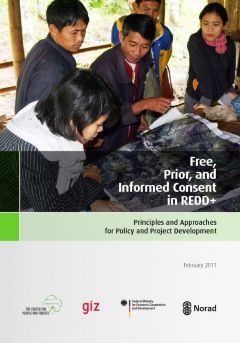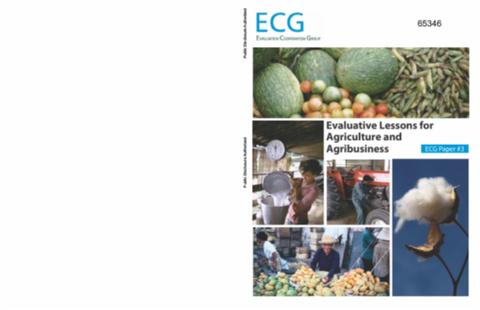National Action Program on Climate Change 2011.
To ensure environmental sustainability, development of socioeconomic sectors adapted to climate change, reduction of vulnerabilities and risks, and mitigation of GHG emissions as well as promoting economic effectiveness and efficiency and implementation of ‘green growth’ policies, the Parliament of Mongolia developed the National Action Program on Climate Change (NAPCC) to be implemented, in two phases, within 2021.










